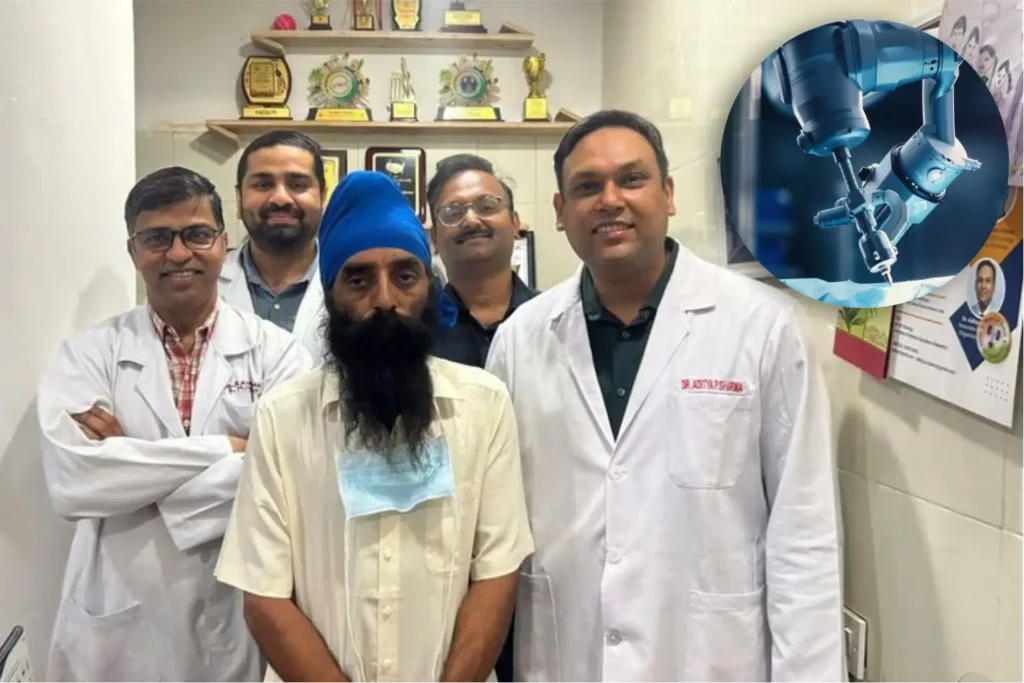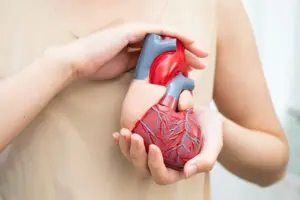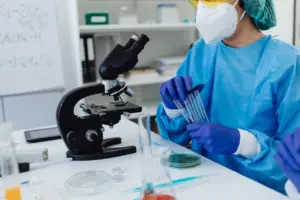
In an achievement for urological surgery in India, doctors at the Postgraduate Institute of Medical Education and Research (PGIMER), Chandigarh, have successfully performed the country’s first robot-assisted vasovasostomy, offering new hope to men seeking fertility restoration after vasectomy.
The advanced procedure was carried out by a team from the Department of Urology comprising Dr Aditya Prakash Sharma, Dr Girdhar Bora, and Prof Ravi Mohan. The patient, a 43-year-old man with secondary infertility following a vasectomy, underwent the surgery using the da Vinci robotic system and was discharged the very next day.
Also Read | AI-powered robot nails gallbladder surgery without human help
Vasovasostomy, commonly known as vasectomy reversal, involves reconnecting the vas deferens to restore sperm flow. Traditionally done under a microscope, this surgery was for the first time performed using robotic technology in India, offering enhanced precision, three-dimensional magnified visualisation, and reduced surgeon fatigue.
“This robotic innovation enables ultra-fine suturing with materials thinner than a human hair,” said Dr Sharma. “It not only improves surgical accuracy but also expands the scope of robotic applications in andrology.”
Prof Mohan highlighted that the success of this case underscores the versatility of robotic systems, which are typically used for cancer and reconstructive surgeries. “This opens new possibilities for complex microsurgical procedures in male fertility treatment,” he said.
The team plans to document their experience in scientific literature to pave the way for wider clinical adoption. With this milestone, PGIMER joins a select group of global centers pioneering robotic-assisted andrological surgeries, positioning India on the map of advanced fertility care.








